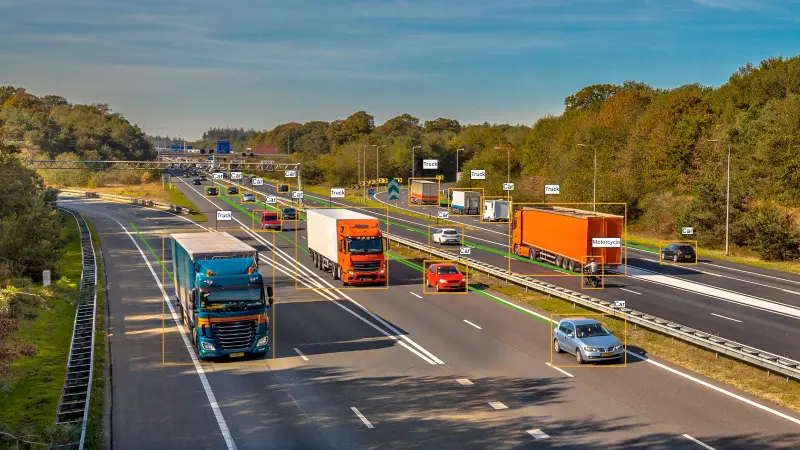As we navigate through the 21st century, the concept of smart transportation is rapidly gaining traction. This paradigm shift in mobility is not only transforming our cities but also redefining our everyday lives. But what exactly is the future of smart transportation? This article aims to delve into this intriguing topic, exploring the current trends, potential challenges, and the exciting prospects that lie ahead.
Smart transportation, also known as Intelligent Transportation Systems (ITS), integrates advanced technologies like Internet of Things (IoT), Artificial Intelligence (AI), and Big Data to optimize the efficiency, safety, and sustainability of transportation networks. It encompasses a broad spectrum of applications, ranging from autonomous vehicles and smart traffic management systems to real-time transit information and integrated mobility platforms.
The future of smart transportation is poised to be shaped by several key trends. Firstly, the advent of autonomous vehicles is set to revolutionize personal mobility. With tech giants like Google and Tesla leading the charge, self-driving cars are expected to become mainstream in the coming decades. These vehicles, equipped with advanced sensors and AI algorithms, can navigate complex traffic scenarios, reduce human errors, and potentially usher in a new era of shared mobility.
Secondly, the proliferation of IoT devices is enabling real-time data collection and analysis, thereby enhancing traffic management and infrastructure planning. Smart traffic signals that adjust to real-time traffic conditions, predictive maintenance of roads and bridges, and dynamic pricing of tolls and parking are just a few examples of how IoT is transforming transportation.
Thirdly, the integration of transportation services into seamless mobility platforms is another promising trend. These platforms, often powered by mobile apps, allow users to plan, book, and pay for multiple modes of transport in a single interface, thereby promoting multimodal and intermodal transportation.
However, the journey towards smart transportation is not without challenges. Cybersecurity risks, data privacy concerns, regulatory hurdles, and the digital divide are significant obstacles that need to be addressed. Moreover, the transition to smart transportation requires substantial investments in infrastructure, technology, and human capital.
Despite these challenges, the future of smart transportation is undoubtedly promising. It holds the potential to reduce traffic congestion, improve road safety, minimize environmental impacts, and enhance the quality of urban life. Furthermore, it can also drive economic growth by creating new jobs, stimulating innovation, and fostering sustainable development.
In conclusion, the future of smart transportation is a fascinating confluence of technology, policy, and societal change. As we steer into this future, it is crucial to foster an inclusive, collaborative, and forward-thinking approach. After all, the journey is as important as the destination.
